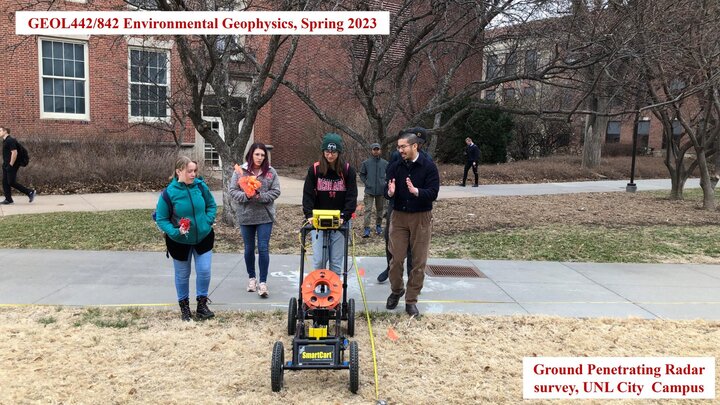Content
Our department conducts a diverse range of water-related research with an emphasis on fundamental physical and chemical processes affecting water resources and environmental change.
Scientific interests of our students and faculty span water quantity and water quality; physical, chemical and biological systems; nanometer to global scales; and a wide range of study settings around the world.
Researchers
Liang Chen
Hydroclimatology, Land-atmosphere interactions
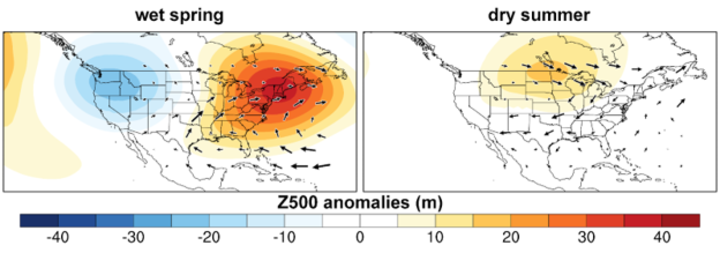
Chen and the hydroclimatology lab studies land-atmosphere interactions and impacts of climate change. Our research is focused on (1) effects of land surface change (such as, land use land cover change, land management, and vegetation dynamics) on weather and climate across scales, (2) hydroclimatic extreme events in a changing climate, such as heatwaves, heavy precipitation, drought, winter storm, and lake-effect snow, (3) impacts of climate change on different sectors of society, such as renewable energy, agriculture, and ecosystem, and (4) strategies to mitigate heat and flood risk.
Groundwater resources, modeling, data science
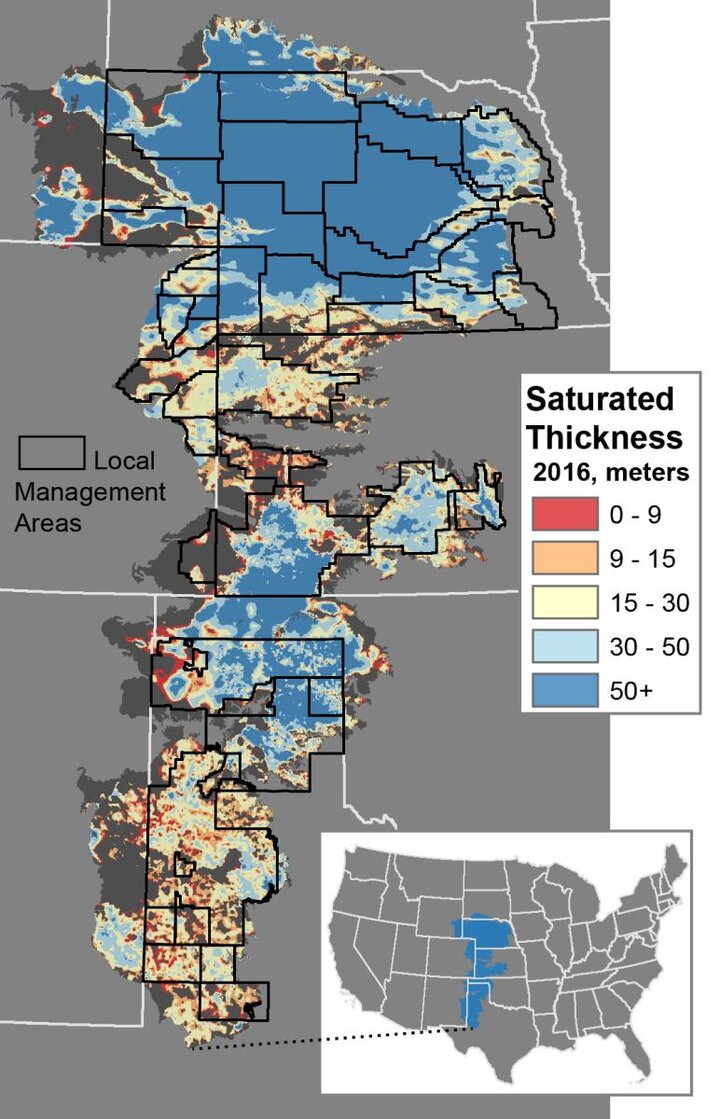
Erin Haacker and members of the Haacker Lab focus on groundwater supply for agriculture, particularly the impacts of irrigation pumping on aquifer levels. Methods include modeling of groundwater and surface water flux using numerical and statistical techniques. The research program in this lab emphasizes data visualization, communication with farmers and water resource managers, and applied interdisciplinary work.
Sherilyn Fritz
Paleohydrology, Limnology
Sheri Fritz and her students work on modern and ancient lakes to understand both contemporary ecosystem processes and the history of landscapes and climate. Projects by former students and postdocs in her lab include studying patterns of aquatic ecosystem development following deglaciation in Yellowstone National Park, diatom evolution in large tropical lakes, the drought history of different parts of the Great Plains, and diatom biogeography in tropical South America.
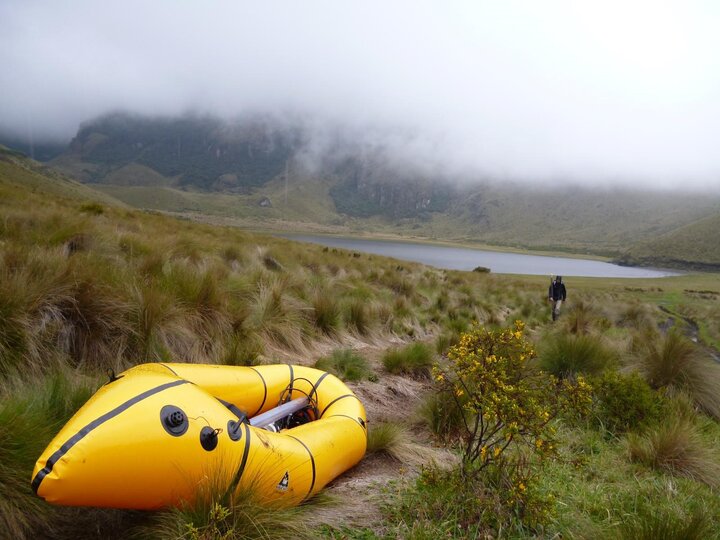
Photo: Fieldwork in the Andes of northern Ecuador (photo Melina Luethje)
Geochemistry
Karrie Weber
Geomicrobiology, Aquatic Biogeochemistry
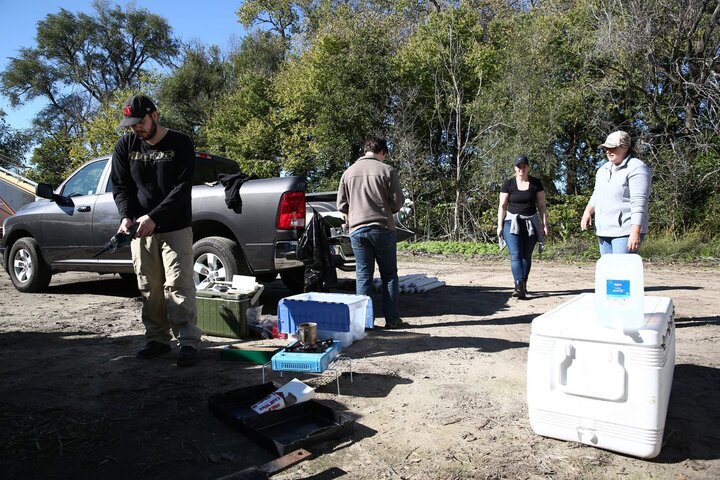
Photo: Karrie Weber (right) with students conducting fieldwork. A video featuring the research project from Karrie's lab is here.
Irina Filina
Near Surface Geophysics
Irina Filina and UNL Geophysics Lab utilize various geophysical instruments to study near-surface hydrogeological features. The methods include microgravity, seismic refractions, and ground penetrating radar (GPR). With support from the Daugherty Water for Food Global Institute, UNL Geophysics starts the project assuming time-lapsed land gravity measurements toward detecting seasonal water changes within a local aquifer in Nebraska. The measuring sites will be set up next to the monitoring wells, so the recorded gravity signals can be calibrated to seasonal variations in the water level. The project will be supplemented with seismic refractions and GPR measurements to map the local water table variations throughout 2023 and 2024.
